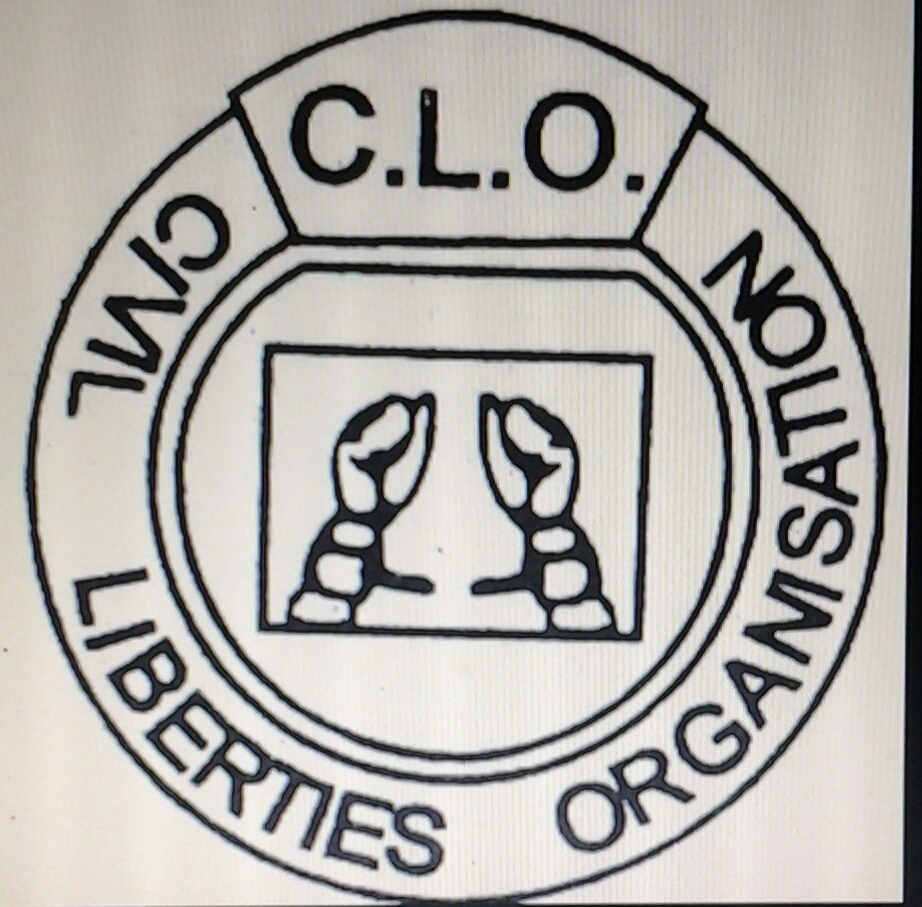The public hearing of the 2020 Akwa Ibom government budget now before the state House of Assembly has brought to the fore some duplicitous allocations and non-existing offices.
At the public hearing of a Bill for a Law to appropriate monies out of the Consolidated Revenue Fund and Capital Development Fund to the service of Akwa Ibom State Government and for other matters connected therewith organized by House Committee on Appropriation Committee, Civil Liberties Oganisation (CLO), Akwa Ibom State branch raised red flag on some doubtful budgetary allocations.
During the event held at the Old Chapel, House of Assembly, Uyo on Monday, CLO in its presentation signed by the state chairman, Otuekong Franklyn Isong, and Comrade Christopher Ekpo, the state secretary noted that “Item 3 on Schedule 1, ‘Agricultural Loans Board,’ which is allocated N49,320,000 under Recurrent Expenditure is obscure.
“CLO is not aware of the existence of the Agricultural Loans Board and its office location in Akwa Ibom State. CLO wonders how many workers constitute its staff strength. CLO, however, notes that if the ‘Agricultural Loans Board’ indeed exists, it should be strengthened and its allocation enhanced considering the importance of the agricultural sector to the economy.”
On numbers 46 – 63 on Schedule under Recurrent Expenditure, CLO observed that that a “Comprehensive Health Centre, is allocated N6,000,000. These identical allocations create the impression that the nagging issue of ghost workers still exists in this sector.”
CLO noted that “Item Nos. 69 – 83 on Schedule 1 have identical allocations under Recurrent Expenditure. Each item, a ‘General Hospital,’ is allocated N7,200,000. These identical allocations create the impression that the nagging issue of ghost workers still exists in this sector.
“Item No. 41 Schedule 1, ‘Bureau of Intergovernmental and National Assembly Relation,’ which is allocated N245m under Recurrent Expenditure is obscure. CLO wonders where this body has its office and how many persons it has on its staff strength. The allocation of N245m to this body under Recurrent Expenditure is, in CLO’s view, not justifiable.
“Item No.10 in Schedule 1, ‘Akwa Ibom State College of Science and Technology,’ is allocated N853.8 million under Recurrent Expenditure. CLO wonders how many persons the College has on its staff to justify such huge allocation.”
On Item No. 127 in Schedule 1, CLO sought explanation to inclusion of “Office of the Chief of Staff,’ under Recurrent Expenditure with N138 million allocation, in which there has not been a Chief of Staff for some time now.
While the Recurrent Expenditure for the House of Assembly is N5.1billion, the Recurrent Expenditure for the Judiciary is N3.9 billion, according to Item Nos. 21 and 25 of the Schedule 1, CLO expressed shock at the lopsidedness of the allocations considering the fact that Judiciary is present in the 31 local government areas of the state.
Again, CLO stated that under Recurrent Expenditure, Item No. 67 on Schedule 1, Finance and General Purpose Committee is allocated N26 million, saying the allocation was unjustifiable considering that members of staff of the committee are civil servants drawn from their respective ministries.
CLO observed that there are two allocations for the Budget Office under Recurrent Expenditure on Schedule 1 (Item Nos. 13 and 14, Schedule 1). The first allocation is N383.3 million while the second allocation is N20.4 billion, seeking explanation for these allocations.
Under Capital Expenditure, CLO observed that Centre for Alternative Dispute Resolution (which falls under the Ministry of Justice and no statutory backing) is allocated N10 million as Capital Expenditure (Item No.5 Schedule 2), seeking explanation to why the centre that has no allocation for Recurrent Expenditure and without statutory backing and under the Ministry of Justice, which itself in Item No. 42 Schedule 2 has Capital Expenditure of N535 million got a separate allocation.
On Akwa Ibom Water Company Limited allocated N200 million as Capital Expenditure (Item No.16 Schedule 2), CLO described the allocation as meagre and called for increase.
The allocation of N300 million as Capital Expenditure (Item No.8 Schedule 2) to Akwa Ibom State Fire Service is meagre, according to CLO, with a call for increase.
The Akwa Ibom State Independent Electoral Commission (AKISIEC) is allocated N2b as Capital Expenditure (Item No.10 Schedule 2), but CLO sought an explanation to the allocation seen “as high and unjustifiable, except the allocation is for the conduct of local government elections in 2020.”
Akwa Ibom State Internal Revenue Service given N819 million as Capital Expenditure (Item No. 11, Schedule 2) is considered by CLO as “very high, unjustifiable and CLO seeks explanation.”
CLO is uncomfortable with Office of the Accountant-General given allocation of N25.6 b as Capital Expenditure (Item No.52 Schedule 2). CLO considers this “allocation unjustifiable and CLO seeks explanation. For instance, the allocation for Capital Expenditure to the Office of the Accountant-General is more than 20% of the total budget of the State and is more than the collective allocation for Capital Expenditure to Health, Education, Agriculture and Water.
Office of the Secretary to the State Government (SSG) is appropriated N10.3 billion for Capital Expenditure (Item No.57 Schedule 2), but CLO viewed the huge allocation as “unjustifiable” and sought explanation.
Commenting on Government House allocated N33 billion for Capital Expenditure (Item No. 23 Schedule 2), CLO sought explanation to the allocation described “as unjustifiable, unless another Government House is being proposed to be built in 2020.”
On the allocation of N3 billion to the House of Assembly for Capital Expenditure, N2 billion to Judiciary for Capital Expenditure (Item Nos. 9 and 12, respectively, Schedule 2), CLO described the allocations as “lopsided and unreasonable.”

